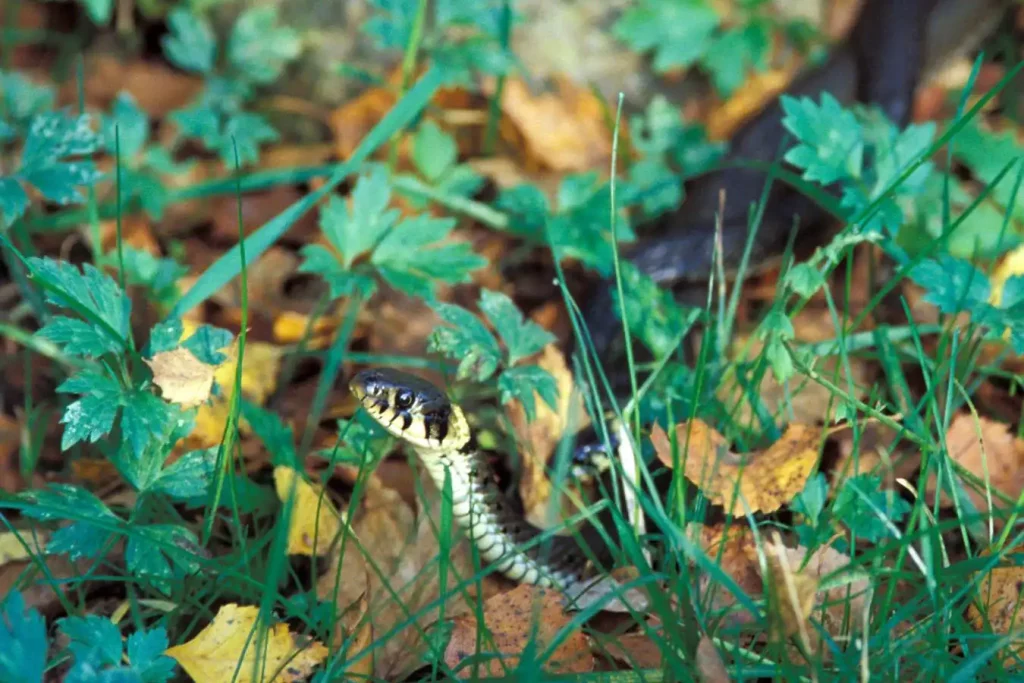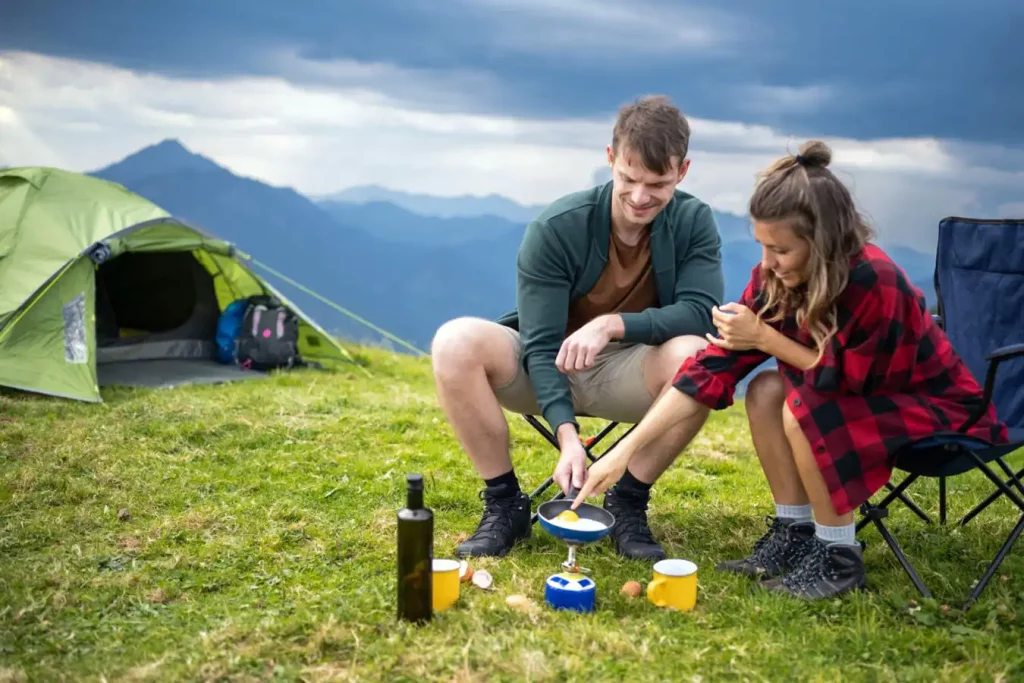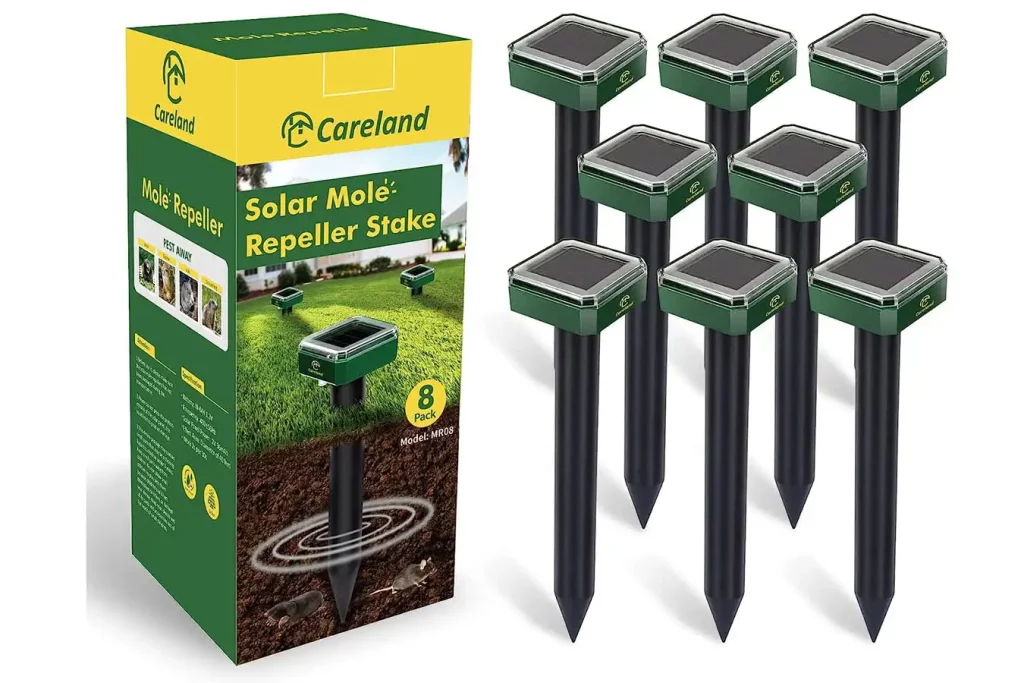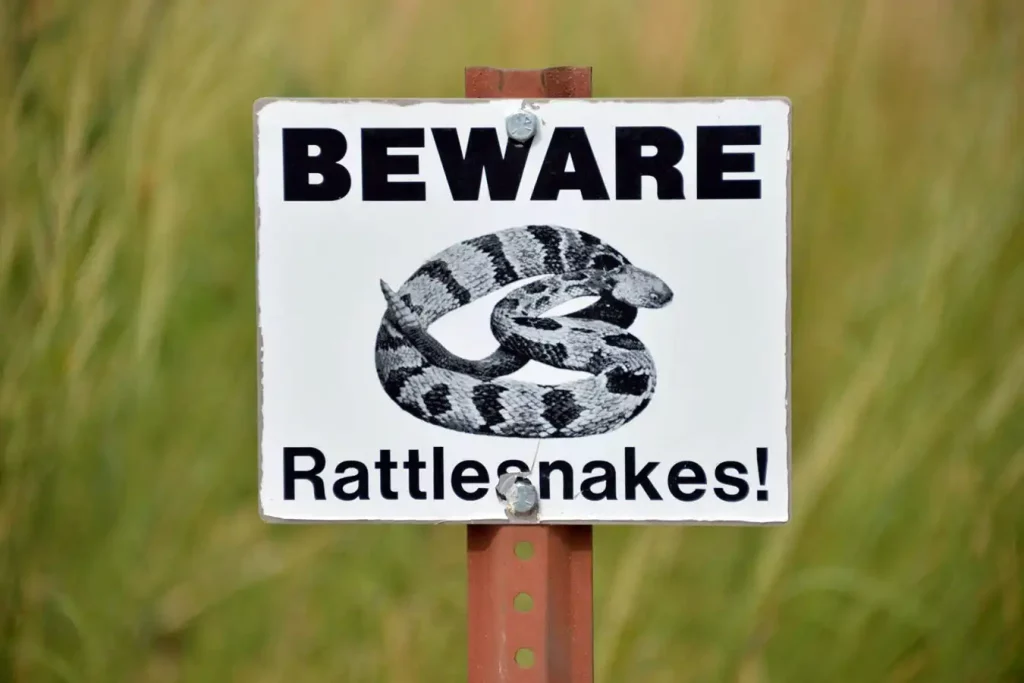Understanding how to keep snakes away from campsite is crucial for anyone embarking on an outdoor adventure.
Taking the right precautions can turn a potentially nerve-wracking experience into a peaceful retreat in nature.
In this informative guide, we will delve into practical measures and tips to make your camping journey snake-free and safe.
From simple strategies to advanced preventive measures, we've got your back.
Let's make your next camping experience not just enjoyable, but also worry-free, with these key snake repelling techniques.
Understanding Snakes and Their Behavior
Before we delve into the specifics of snake-proofing your campsite, let's take a moment to understand our reptilian friends and their behavior better. This understanding will aid you in adopting the right measures and ensuring they work effectively.
Snake Basics
Snakes are ectothermic creatures, meaning they rely on external sources for body heat. As such, they are often found basking in the sun or hidden away in cooler areas during hotter days. They tend to be more active at dawn and dusk when the temperatures are moderate.

Snakes are attracted to areas where food and shelter are readily available. This means if your campsite is teeming with insects and small rodents or is littered with potential hiding spots like dense vegetation, rocks, or debris, it might seem like a welcoming home for snakes.
The Dangers Posed by Snakes
While not all snakes are venomous, even a non-venomous snake bite can cause infection, not to mention the distress it can cause to the person bitten. Certain venomous snakes carry a deadly cocktail of toxins that can result in severe medical emergencies. Also, a snake's unexpected presence can cause panic, leading to accidents like falls or tripping incidents around the campsite.
However, it's important to remember that snakes are not naturally aggressive and usually only attack in self-defense. By understanding their behavior and making our campsites less appealing to them, we can reduce these encounters and keep our camping experiences enjoyable and safe.
Identifying Snake-Prone Areas
When choosing a camping spot, it's crucial to identify and avoid snake-prone areas to minimize the chances of an unwelcome encounter. So, let's learn about common snake habitats and how to spot such areas in a campsite.
Common Snake Habitats
Snakes are quite versatile when it comes to habitats, and they can live in diverse environments. However, they do have some favorite spots. They are often found in areas with tall grass or thick brush, under rocks and logs, and near water bodies. They also thrive in areas rich in their prey, like rodents and insects.
How to Spot Snake-Prone Areas in Campsites
When you arrive at your campsite, do a quick survey of the area. Look for the signs we mentioned earlier—tall grass, rocks, logs, water bodies, and an abundance of potential prey. If you notice a lot of these indicators, you might be in a snake-prone area. Another sign can be snake tracks, which appear like a continuous, wavy groove in the dirt or sand.
Practical Tips: To Keep Snakes Away from Campsite
Now that we've learned about snake behaviors and how to spot snake-prone areas, let's delve into some practical tips to keep your campsite snake-free.
Choosing the Right Campsite
Selecting the right campsite is the first step in snake prevention. Choose a site that's open and free of excessive brush, fallen logs, or large rocks. If possible, set up camp away from water bodies. Remember, less clutter means fewer hiding spots for snakes.
Keeping Campsite Clean
A clean and organized campsite is less likely to attract snakes. Avoid leaving food scraps around, as they can attract rodents, which in turn can attract snakes. Also, store your gear properly. Don't leave boots, backpacks, or sleeping bags open and unattended, as they can become potential hiding spots for snakes.

Safe Food Storage
Proper food storage is crucial in keeping snakes away. Store all food items and leftovers in airtight containers and place them in a secure location, like a car or a bear box. This measure will keep the smell of food from attracting snakes and other wildlife.
Use of Snake Deterrents
There are several snake deterrent products available in the market, including sprays and granules. While these may help, their effectiveness varies. Natural deterrents, like a campfire (when safe and permitted), can also be beneficial, as snakes prefer cooler areas and might avoid the warmth of the fire. An example of a effective snake deterrent from Careland brand (Amazon).

Remember, the goal isn't to harm these creatures but to coexist peacefully by maintaining a safe distance. Your respect and understanding of the natural world, combined with these proactive measures, can ensure a pleasant and snake-free camping experience.
What to Do If You Encounter a Snake
Even with the best prevention strategies, there's always a chance of encountering a snake. So, let's prepare ourselves for such situations by understanding what to do in the event of a snake encounter or a snake bite.
Snake Encounter Safety Guidelines
Should you stumble upon a snake at your campsite, remain calm. Sudden movements can startle the snake, increasing the chances of it acting defensively. Here are a few guidelines:
- Keep a Safe Distance: Maintain at least a body-length distance away from the snake, giving it plenty of space.
- Do Not Attempt to Handle the Snake: Remember, this is a wild animal. Leave it alone and don't attempt to capture or kill it.
- Alert Others: Notify other members of your camping party about the snake's presence.
- Let the Snake Leave on Its Own: In most cases, if left undisturbed, the snake will move away on its own.
First Aid Tips for Snake Bites
In the rare event someone gets bitten, immediate medical attention is essential. Here are some crucial first aid tips:
- Call for Help Immediately: Dial the local emergency number or get to the nearest hospital as quickly as possible.
- Keep the Victim Calm: Minimizing physical activity can slow the spread of venom in the body.
- Position the Bite Below the Heart: If possible, try to position the bite area lower than the heart level to slow down venom circulation.
- Do Not Attempt to Suck Out the Venom or Apply a Tourniquet: This can cause more harm than good.
Learn more: What You Need to Know about Tent Camping
FAQs about Keep Snakes Away from Campsite
What is the Best Snake Repellent for Camping?
What Do Snakes Hate Most?
What Will Keep Snakes Away?
Do Snakes Crawl Under Tents?
Conclusion: Staying Snake-Safe While Camping
Camping offers a wonderful way to connect with nature. However, it's crucial to respect all inhabitants of the wild, including snakes. By understanding their behavior, identifying snake-prone areas, and following preventative measures, we can minimize the chances of an encounter.
And remember, if you do come across a snake, stay calm, keep your distance, and allow it to move away on its own. With these strategies in hand, you're equipped to enjoy a snake-safe camping adventure. Happy camping!
To know more: How to Avoid Ticks While Camping


